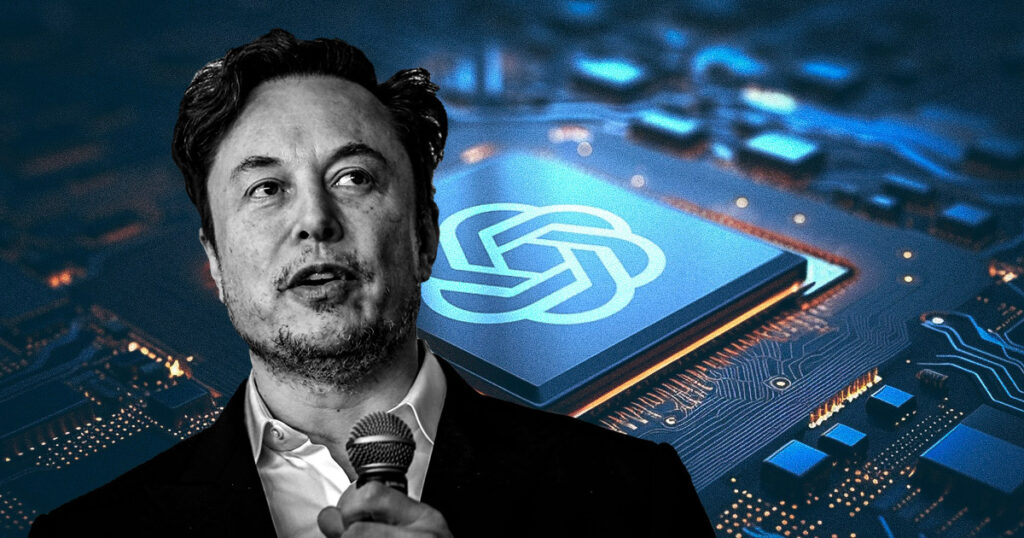OpenAI and Elon Musk have been embroiled in a legal battle over the company’s shift to a for-profit structure, with both sides presenting conflicting accounts of the organization’s evolution. Musk, who co-founded OpenAI, has accused the company of straying from its nonprofit roots and has filed multiple lawsuits to challenge its new direction.
However, OpenAI has hit back at Musk’s claims, pointing to the billionaire’s early involvement in discussions about the company’s governance structure. In court filings and a blog post, OpenAI revealed that Musk had initially raised concerns about operating as a nonprofit before the organization was launched in 2015. He had suggested the idea of a “standard C corp with a parallel nonprofit,” indicating his support for flexibility in the company’s organizational approach.
As OpenAI continued to grow and make significant technological advancements, Musk revisited the issue in 2017, proposing a transition to a for-profit model. However, tensions arose when Musk sought control over the proposed for-profit entity, including majority ownership, board dominance, and the role of CEO. OpenAI’s leadership, including CEO Sam Altman, rejected Musk’s terms, leading to his departure from the board in 2018.
In 2019, OpenAI announced a capped-profit structure governed by its nonprofit arm, citing the need for substantial funding to compete in the rapidly evolving AI landscape. The organization disclosed that Musk was offered equity in the capped-profit entity but declined, emphasizing his lack of financial interest in OpenAI’s for-profit operations.
Meanwhile, Musk launched xAI in 2023 as a competitor to OpenAI, securing billions in funding and introducing new models to challenge the company’s generative AI tools. The legal battle between OpenAI and Musk reflects a broader struggle over the future of AI development, with both companies vying for dominance in an increasingly competitive field.
The escalating dispute between OpenAI and Musk underscores the complexities of navigating the intersection of technology, business, and ethics in the AI industry. As the legal proceedings continue, the outcome of this conflict could have far-reaching implications for the direction of AI research and development.
Posted In: US, AI, Featured, Legal

